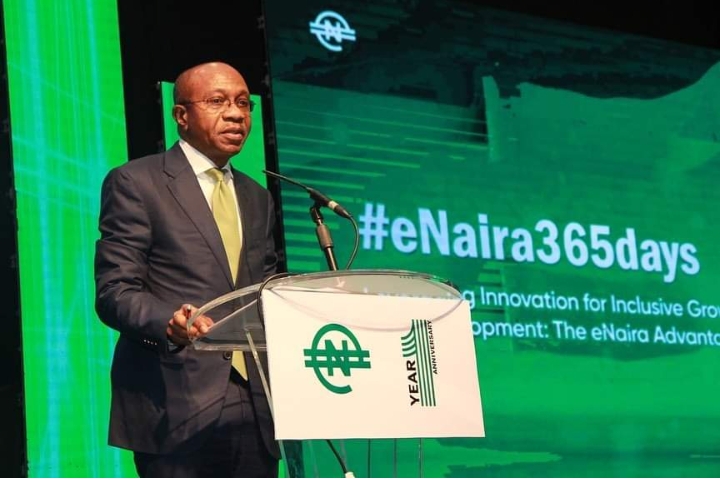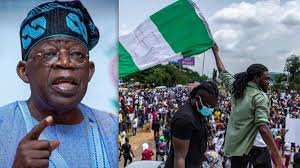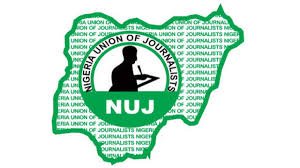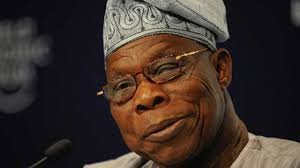…Says CBN Needs Not Inform Finance Minister
Abubakar Yunusa Abuja
Former Deputy Governor of the Central Bank of Nigeria (CBN), Kingsley Moghalu, has stated that the move to redesign Naira notes may not solve the inflation problem.
On Wednesday, the Apex announced that it was redesigning the N200, N500,and N1000 notes, adding that issuance of the redesigned notes would come into effect from mid-December, 2022.
Commenting on the development, via his twitter handle on Saturday, Moghalu said he supports the decision of the bank, adding that those with old ones must take them to the bank before it becomes “illegal tender”.
“I fully support the CBN redesign of the Naira. If 80 percent of banknotes in circulation are outside the banks, that’s troubling,” he said.
“The CBN obviously wants to force all those notes back into the banking system. Those with the notes must surrender to get new ones or else it becomes illegal tender after January 31 2023.
“This is also a way to withdraw currency from circulation, an unorthodox way of tightening the money supply since the country is battling high inflation.
“The flip side is that people who are holding huge amounts of cash outside the banking system for nefarious reasons will go to the parallel forex market to buy hard currency, putting further downward pressure on the value of the naira as too much naira will be chasing too few dollars.”
Thus, according to Moghalu, the redesigning of the notes may not solve inflation.
He also expressed worry about the short time frame given to commercial banks to receive deposits of old naira notes across the country.
“I doubt it will solve inflation because there also are other major reasons for inflation such as the forex crisis, which this new move could exacerbate, as well the impact of the security crisis on food price inflation,” he added.
“But overall it is a necessary step. I just think the time window for its implementation is rather short. This will put a lot of operational pressure on commercial banks and the financial system in general.
“A 90-day window would have been better, but one can understand the need to avoid interfering with the elections.”
Buttressing the position of the apex bank on the matter, Moghalu was of the view that the Minister of Finance does not need to be consulted on such matters.
“Finance minister, Zainab Ahmed’s comment to Nigerian national assembly that she was not aware of the naira redesign by [the] Central Bank of Nigeria should not mislead anyone into thinking the CBN owes her that kind of information. The bank only needs the approval of President Muhammadu Buhari for this particular exercise,” he explained.
“It received that approval. There are only three issues on which, in the CBN act of 2007, the bank should obtain external authorisation, and only from the president of Nigeria, for its operations: 1. any alterations to the legal tender (the naira); 2. any investment of the bank’s funds outside Nigeria; [and] 3. the bank’s annual report.
“Outside of these, the only approving authorities for CBN operations are its committee of governors (note the ‘s’) consisting of the governor and the four deputy governors, and the board of directors of the CBN, which includes the governor, the four deputy governors, and seven external members which include the permanent secretary of the federal ministry of finance, and the accountant-general of the federation.”
Mogahlu urged the CBN to now focus well on the implementation of the policy.




















